– “It is a tremendous accomplishment that the Committee of Permanent Representatives, composed of ambassadors from EU member states to the European Union, has prepared a Council decision on eliminating checks at the shared internal land borders with Bulgaria and Romania starting January 1, 2025. This is undoubtedly attributable to the efficiency of Hungary’s EU presidency,” Bernadett Petri – a researcher at the Europe Strategy Research Institute of the National University of Public Service – told the daily Magyar Nemzet.

As is known, the interior ministers of Austria, Hungary, Romania, and Bulgaria reviewed the results of their joint efforts against illegal migration and concluded that there are no obstacles to Romania's and Bulgaria's full Schengen membership. The official decision is expected to be made by EU interior ministers in Brussels on December 12.
Success of Hungarian Presidency a national interest
The researcher recalled that PM Viktor Orban declared at the start of Hungary’s EU presidency, during his speech at Tusvanyos, that the accession of the two countries to the Schengen Area was a top priority. This move serves not only Hungary’s national interest but also that of Hungarian communities living across the state border. She added that
even Ylva Johansson, the EU's outgoing Home Affairs Commissioner, had congratulated Hungary’s Interior Minister Sandor Pinter, acknowledging that the highly successful Budapest summit was largely due to his personal commitment.
– “The accession represents a major advancement for these two countries, especially considering that while current Schengen states needed an average of five years to achieve the removal of internal border checks, the remaining three candidates - Bulgaria, Romania, and Cyprus - have waited far longer. Bulgaria and Romania have been in limbo for 16 years, while Cyprus has been waiting for 19 years,” Ms. Petri said. Although the European Commission deemed Bulgaria and Romania ready for membership 13 years ago, the decision was blocked by Austria and the Netherlands, with both countries' leaders citing concerns over Schengen’s inefficacy, especially in terms of the EU mismanaging the pressures of illegal migration and people smuggling, she said.
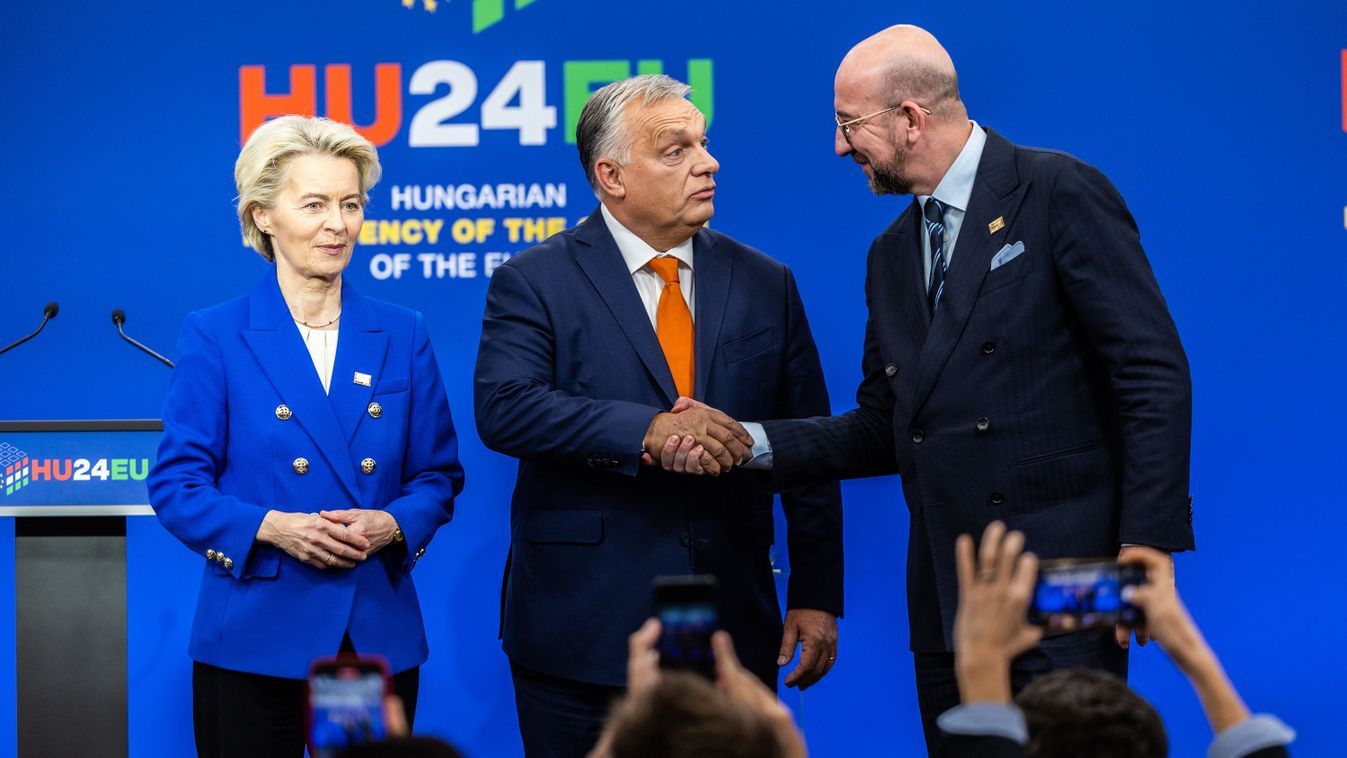
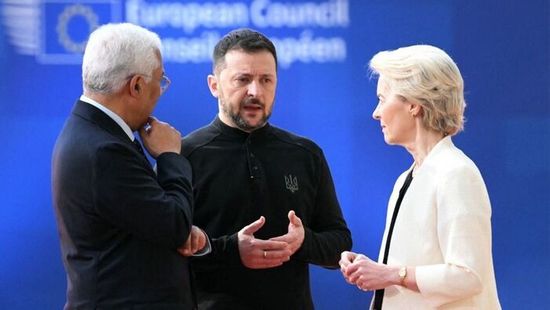

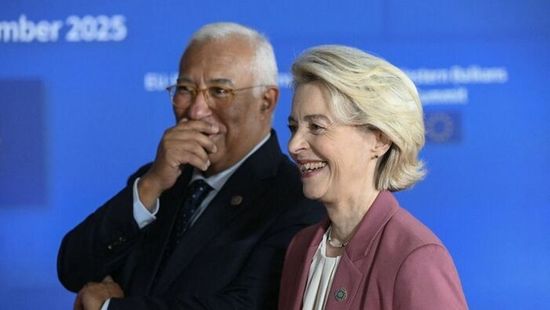





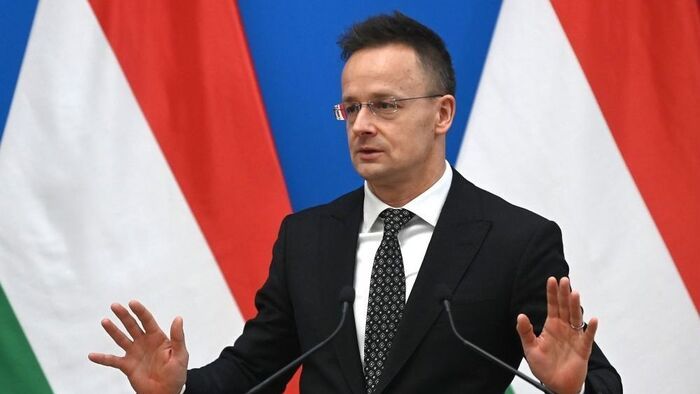




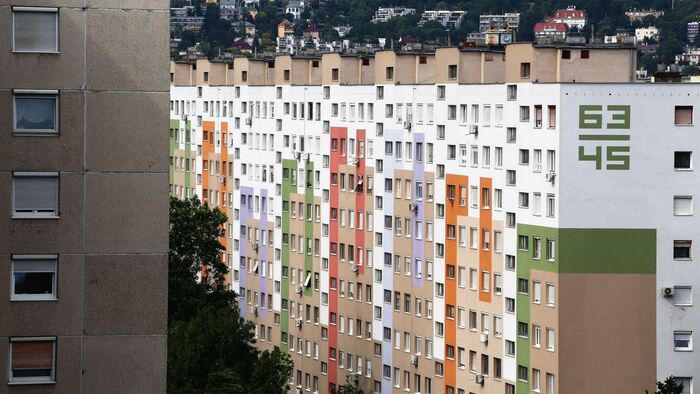

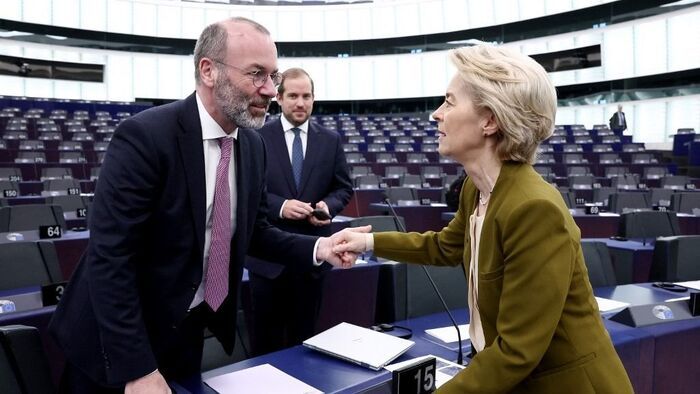


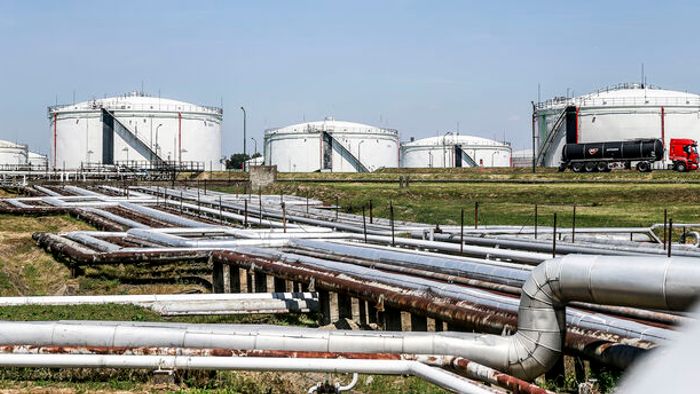



Szóljon hozzá!
Jelenleg csak a hozzászólások egy kis részét látja. Hozzászóláshoz és a további kommentek megtekintéséhez lépjen be, vagy regisztráljon!